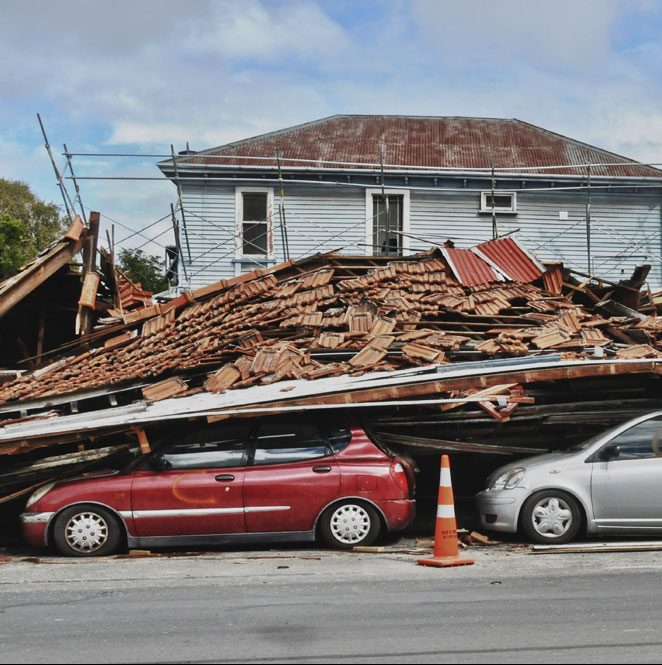An earthquake in Christchurch comes with a roar or a shudder. It rolls in across the plains from the Greendale Fault. Or it thunders up out of the ground, right below the city. It’s much like the rumble in the belly of a giant, fast asleep and snoring, deep below the earth.
It’s been six months since New Zealand’s second-deadliest earthquake, a magnitude 6.3 aftershock that killed 181 people. There have been more than 7000 tremors since the initial 7.1 quake in September, including a series of big shocks in mid-June that set already jangled nerves on edge.
Each new quake increases the chance of more aftershocks. There’s a 23 per cent chance of another big shake within the next year.
People live in a state of perpetual anxiety. There is growing anger, too. Most of the CBD remains cordoned off and locals are frustrated that plans to rebuild the city – estimated by analysts to cost $NZ20-30 billion – are taking too long. About 1000 buildings are due to be demolished, many of them heritage-listed, and it is expected that demolition work will not be complete until Christmas next year. Some suburbs will never be rebuilt, and some parts of the central city look as if time stopped on February 22.
Bricks from collapsed walls are scattered on the road. Curtains flap from the open windows of abandoned apartments. There are empty chairs at empty tables, in cafes and bars that once buzzed with life.
Secondary issues have emerged, too, with many businesses closed and thousands of people out of work. About 12,000 more people (from a population of about 390,000) are unemployed than at this time last year. An initial relief subsidy paid to more than 65,000 people ended in April. A second payout with stricter conditions ended in May.
By then, the first redundancies had been announced – 172 council workers, then 100 hotel staff. Next, teachers and tourism operators were told they did not have jobs. In the end, few families were left untouched. Many – perhaps as many as 24,000 – have moved away to find work or stay with relatives and friends. Homes that still stand empty have been looted. Relationships are breaking down and police say domestic violence is on the rise. Everywhere ordinary people are hurting.
Yet the mood remains remarkably upbeat in Christchurch. Everyone counts themselves lucky in some small way. Lucky to have a place to stay, lucky to be alive.
This is an edited extract of a story which was originally published in The Sydney Morning Herald’s Good Weekend magazine on 20 August, 2011. You can see more of Kurt Langer’s photos of the Christchurch earthquake here.
Photo: Kurt Langer
